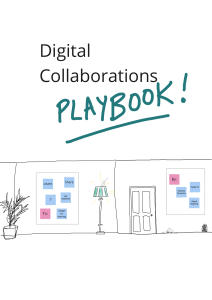KIC MSc program “Energy for Smart Cities”
UrbanT is responsible for the joint master’s programme of KIC Innoenergy in Energy for Smart Cities in KTH. It is an international, two-year programme run jointly by KTH and three other European universities:
- Grenoble Institute of Technology, France
- KU Leuven, Belgium
- UPC: Universitat Politècnica de Catalunya · BarcelonaTech, Spain
The programme is accredited by the European Institute of Innovation and Technology (EIT).
After completing the programme, our graduates are able to participate in state-of-the-art design, control and operation of
Courses
MJ2685 “Smart Cities and Climate Mitigation Strategies”
The course provides knowledge about the concept of Smart Cities and it’s relation to climate mitigation strategies. These strategies are geared toward the municipalities themselves, as well as urban actors across all city sectors, including companies, property owners, utilities, households, etc.
This course is project-based with a multidisciplinary approach, including environmental, technological, economic and social aspects. The basic aim of the course is, on a system level, to investigate and explore the potentials of the concept of “Smart Cities” in relation to the challenges associated with mitigation strategies for the cities of today and tomorrow.
AL2115 “Transdisciplinary Approaches for System Innovations”
The course aims at introducing students with the socio-technical perspective on system innovations and participatory methods to facilitate sustainability transitions of socio-technical systems.
The course is composed of lectures, seminars, and project-based work. During the course, the students design and implement participatory backcasting projects addressing real-life complex socio-technical challenges.

